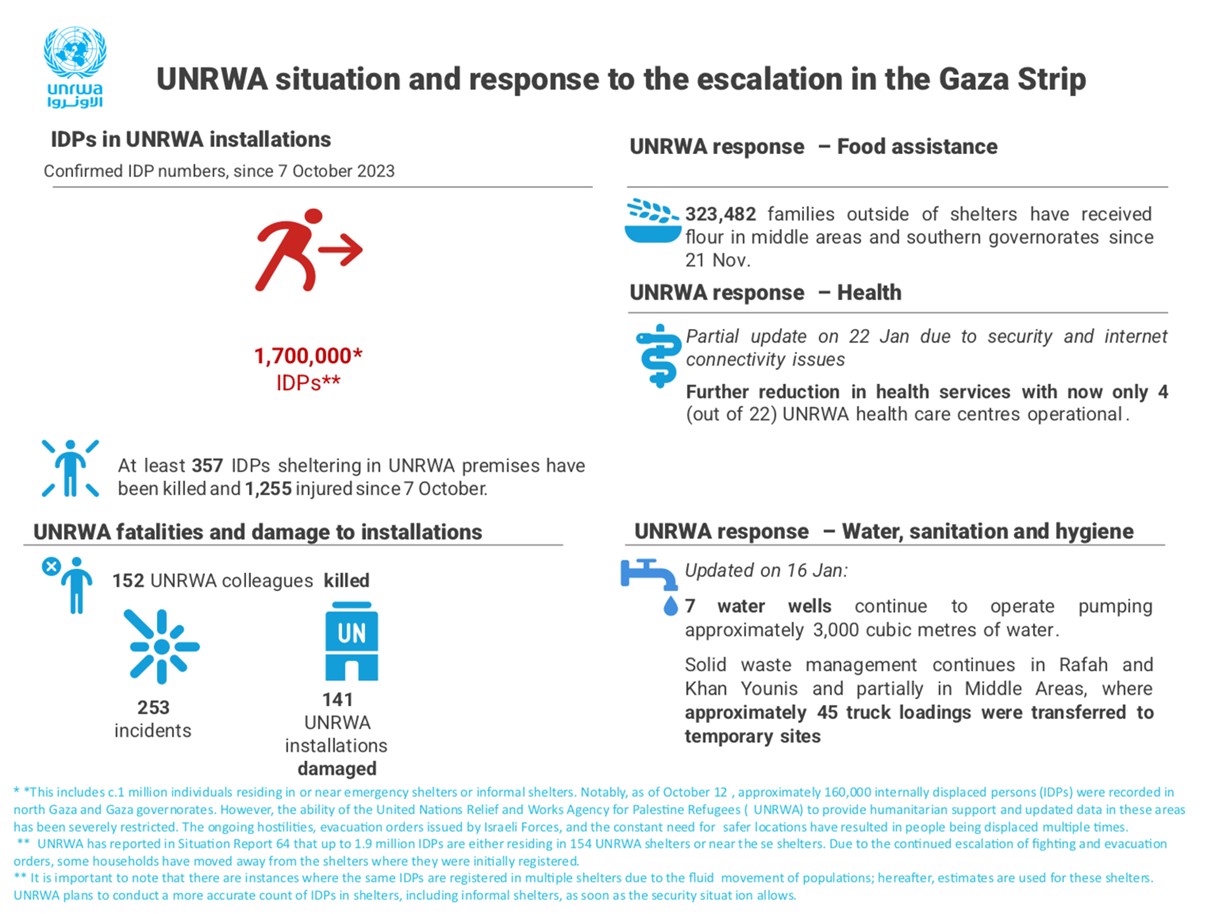

Thank you comrade @Redcuban1959@hexbear.net for the Venezuelan election posting on the prior thread 



Thank you comrade @Redcuban1959@hexbear.net for the Venezuelan election posting on the prior thread 



Absolutely heartbreaking. Couldn’t get through a single section without tearing up. Death to Israel


My wife’s a hopeless radlib, maybe demsoc. I am very open about my politics and she doesn’t care for the most part. I have tried to convert her but she’s got somelib hangups and can’t accept the historical necessity of violence. so we mostly agree until i say some 
 shit, then she just sighs and calls me crazy. love her
shit, then she just sighs and calls me crazy. love her



This is their own update as of 1/25, showing 152 workers killed


i haven’t seen a few of the other best picture noms, but i agree with this. especially if you are comparing barbie and poor things directly. on its face poor things is better visually, in its direction/acting, and in its plot. beyond that it grapples with its narrative topics better than barbie, chiefly feminism.
bella has more agency as a character than all of the barbies, even as the ‘mental toddler’ as others describe. and that agency only grows throughout the movie/with her character development.


This is the best summary I think. For my comments on the thread here (and maybe others) it might just be a miscommunication issue though. Of course latam has it’s own exploitative history, and myself and others often exclude much of latam from “the west” on the basis of world systems analysis as periphery nations. But I think the point is this shouldn’t exempt latam countries or political movements from criticism. It’s a good post imo


I think it’s maps very well onto the “Western” world. Could you describe the ways in which it doesn’t? Core countries are typically those that historically benefitted the most from colonialism, and parlayed that advantage into today’s complex global trade and markets.
Spain is considered core as it did that more successfully than Portugal, who is considered semi-peripheral. It also helps explain some of the racial things you’re talking about, like how Japan is part of the imperial core both from its own imperial exploits and from it’s relationship with the us in the postwar period. Much of Japan’s racial expectation in the otherwise white western world as the model minority is a cultural effect downstream of their important place in the flow of surplus value from the imperial periphery to the core


Systems analysis isn’t a breakdown of white and non-white nations, it’s more or an analysis of net benefit/drain on a country in Americas global empire. So core/periphery/semi-periphery is more of an analysis of how the imperial system works, which maps well onto the “western” world previously discussed. It so happens that much of that world is also white, though not exclusively.
I think this recent article on the question of whether china is periphery or core to better understand the topic: https://monthlyreview.org/2021/07/01/china-imperialism-or-semi-periphery/


I think you’ve got the right idea. A lot of the people I know that are into golf just like hanging out outside with friends. Sure a few of them are well off, but I think the appeal as you age and have kids has more to do with being the ‘third place’.


there are comments in this very thread that are doing that lol
It finally happened, today is a good day


My wife is a lib, and won’t convert despite my best efforts. Her opinions are mostly good, but there are some real dogshit ones. I think it’s a good reminder that people don’t always agree, and you have to find a way to live with that
We are so happy, she’s the best partner I’ve ever had. I shudder to think what my life would be like if I disqualified her for not being ml


well said. this type of liberal pacifism isn’t pacifism at all, but rather a preference for the slow, abstract violence of the status quo to revolutionary violence. I’m reminded of the twain quote you had in the mega a few weeks back.
I feel as though anyone with an appreciation for history must acknowledge the necessary role of violence (or the threat thereof), in the slow march of progress


its so hard not to feel alienated or experience derealization


Absolutely. The way that I have been able to break through with the liberals in my life has been by comparing it to the Nat Turner’s rebellion, the Haitian slave revolt, or the Warsaw ghetto uprising. Sure, you can sit here comfortably in the imperial core and talk about how no violence is acceptable, but could you honestly blame the slave or the ghettoized for their violent uprisings? Especially since any attempts at negotiations or peaceful protest have been met with violence in this case - the 2005 ceasefire and the march of return.
Abhorring violence of this type is liberal idealism at its finest

At current interest rates, 5% down, and an 800 credit score, you’re monthly piti is still like 2,700. Assuming you make that 92k/yr, and are traded at 22%, you’re monthly take home is 5900. That’s 45 percent of your monthly income. “Affordability” is for dinner heavy lifting here


im curious if anyone’s met the call to condemn hamas with a simple ‘no’. how did it turn out for you?
As someone who lives a very comfortable life in the imperial core I was thinking about this - what would my life look if forced to reduce consumption/increase production by 50%?
I think you could drastically reduce consumption by merely re-ordering american life in certain ways - i.e replacing car dependent city planning with public transit centered alternatives (this alone removes the necessity of car ownership for most people, or reduces the 2-3 cars/family thing you see in the suburbs). fostering/creating “community”, so that our “free time” isn’t colonized by increasing commercialization where we must consume in every waking moment (think watching netflix, scrolling tiktok, online shopping, etc, Very much Critique of everyday life a la Lefebre). Reordering production such that “unproductive” sectors like marketing or finance (my own career lol) are filtered into productive ones, etc.
I think a combination of these things could easily result in a reduction of 25-30%. What’s crazy about these statistics is that equality would require an additional reduction of 20-25%. I imagine accomplishing the first part would put US consumption at the level of a less-consuming EU state, but even those states consume at rates higher than the global south. It’s wild to think about